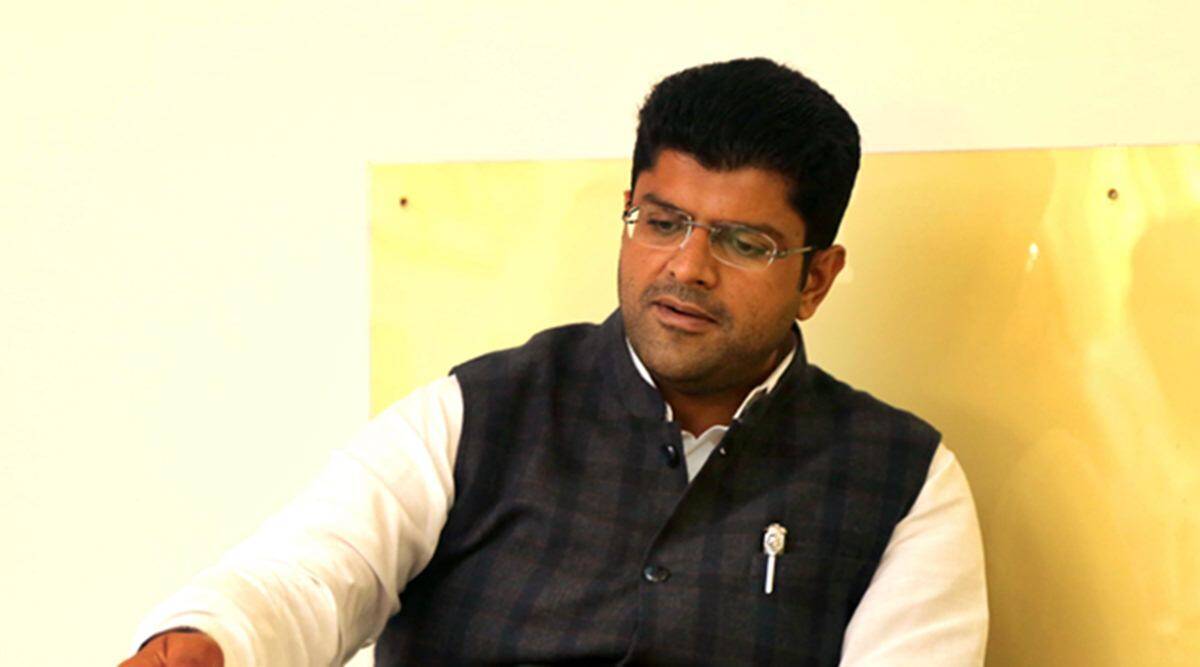 Haryana Deputy Chief Minister Dushyant Chautala
Haryana Deputy Chief Minister Dushyant ChautalaHaryana government has decided to give an annual subsidy of Rs 48,000 per employee for seven years to those industries that employ local youth.
Deputy Chief Minister Dushyant Chautala, who also holds the portfolio of Industries & Commerce and Labour & Employment, announced this after presiding over a meeting of the top officials of his departments on Haryana Enterprises and Employment Policy-2020 (HEPP-2020), Tuesday.
Dushyant also announced that “to attract more industries in Haryana, it is proposed to give exemption in the electricity duty for 20 years under HEPP-2020. Earlier, this exemption was applicable for 10 years, only.”
All these provisions are part of the HEPP-2020 that, Dushyant said, “will soon be implemented across Haryana”.
Dushyant’s Jannayak Janta Party (JJP) that entered into a post-poll alliance with BJP after 2019 Assembly polls results had been strongly advocating for 75 per cent reservation for Haryanvis in jobs across Haryana’s private sector.
Dushyant announced that “those industries that will employ local youth would be given a subsidy of Rs 48,000 per employee per year for a period of seven years”.
In July, this year, Haryana Cabinet had approved “a proposal for drafting the Haryana State Employment of Local Candidates Ordinance, 2020 to provide 75 per cent reservation to residents of the state in jobs in the private sector”.
The ordinance’s draft aims at earmarking new jobs with a salary of less than Rs 50,000 per month to local candidates in privately managed companies, societies, trusts, limited liability partnership firms, partnership firms etc that employ more than 10 persons. The draft also proposes that the employers would also be given the option to recruit 10 per cent local candidates from one district. Exemption would be provided if suitable local candidates were not available for a particular category of industry.
“Special measures are being taken in the direction of providing benefits to investors by giving them 100 per cent investment subsidy in lieu of State Goods and Services Tax,” Dushyant said.
Talking about the government’s initiatives to curb the menace of stubble burning, Dushyant said, “State government has also planned to give special exemption in this policy to the industries for the management of residues of paddy straw and other crops so that along with being self-reliant in terms of electricity the country and state itself will be pollution-free. The draft of HEEP has been finalised and will soon be implemented in the state.”
He added: “HEPP-2020 is prepared by the Industries and Commerce Department, where on one hand suggestions were taken from 151 industrial associations of the country and on the other hand, industrial policies of other states including Gujarat, Maharashtra, Andhra Pradesh, Uttar Pradesh, Telangana, Punjab and Rajasthan were also studied to formulate the most apt policy for Haryana. The draft policy was also uploaded into the public domain for about a month so that the stakeholders could study it and give their suggestions.”